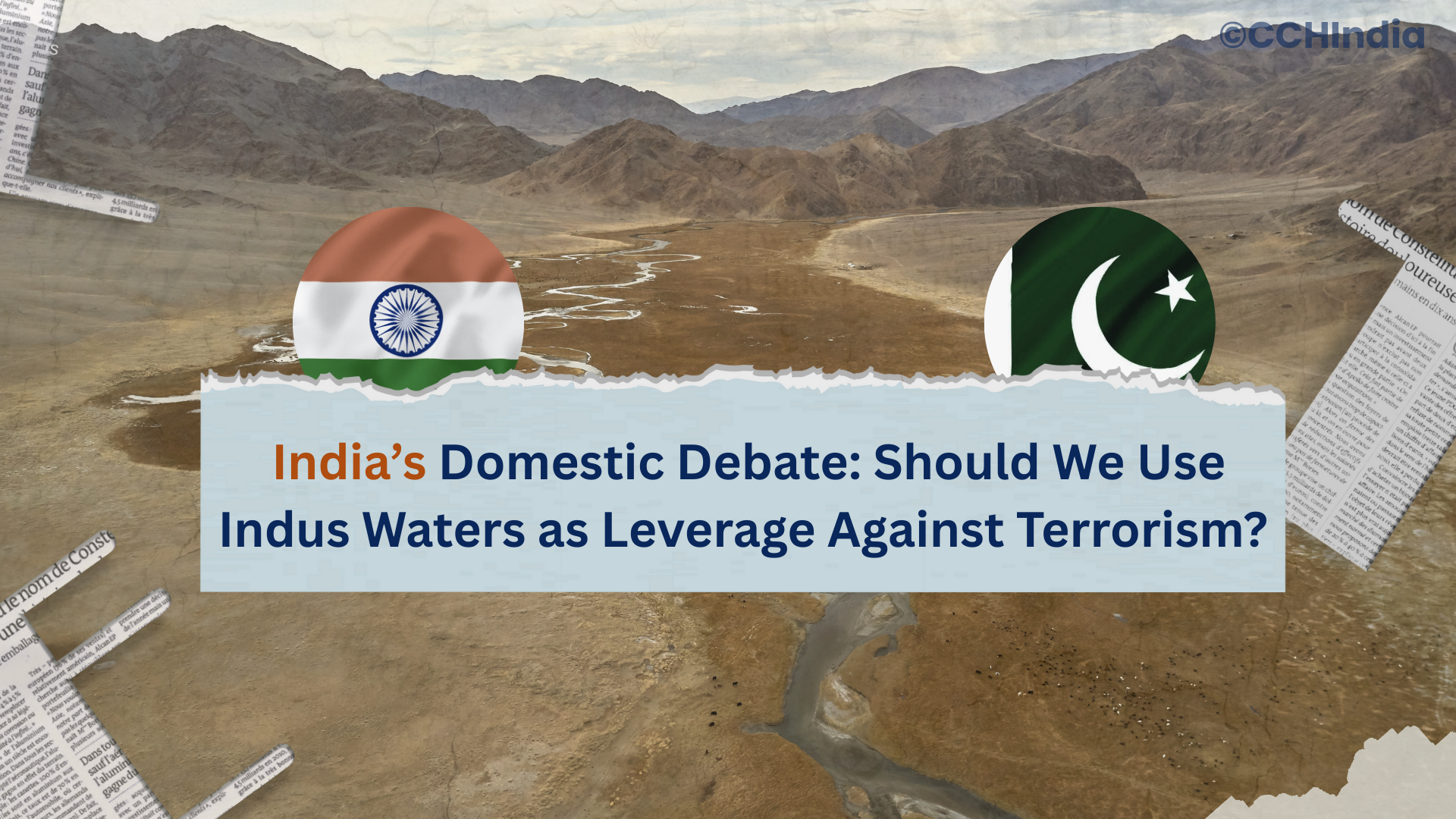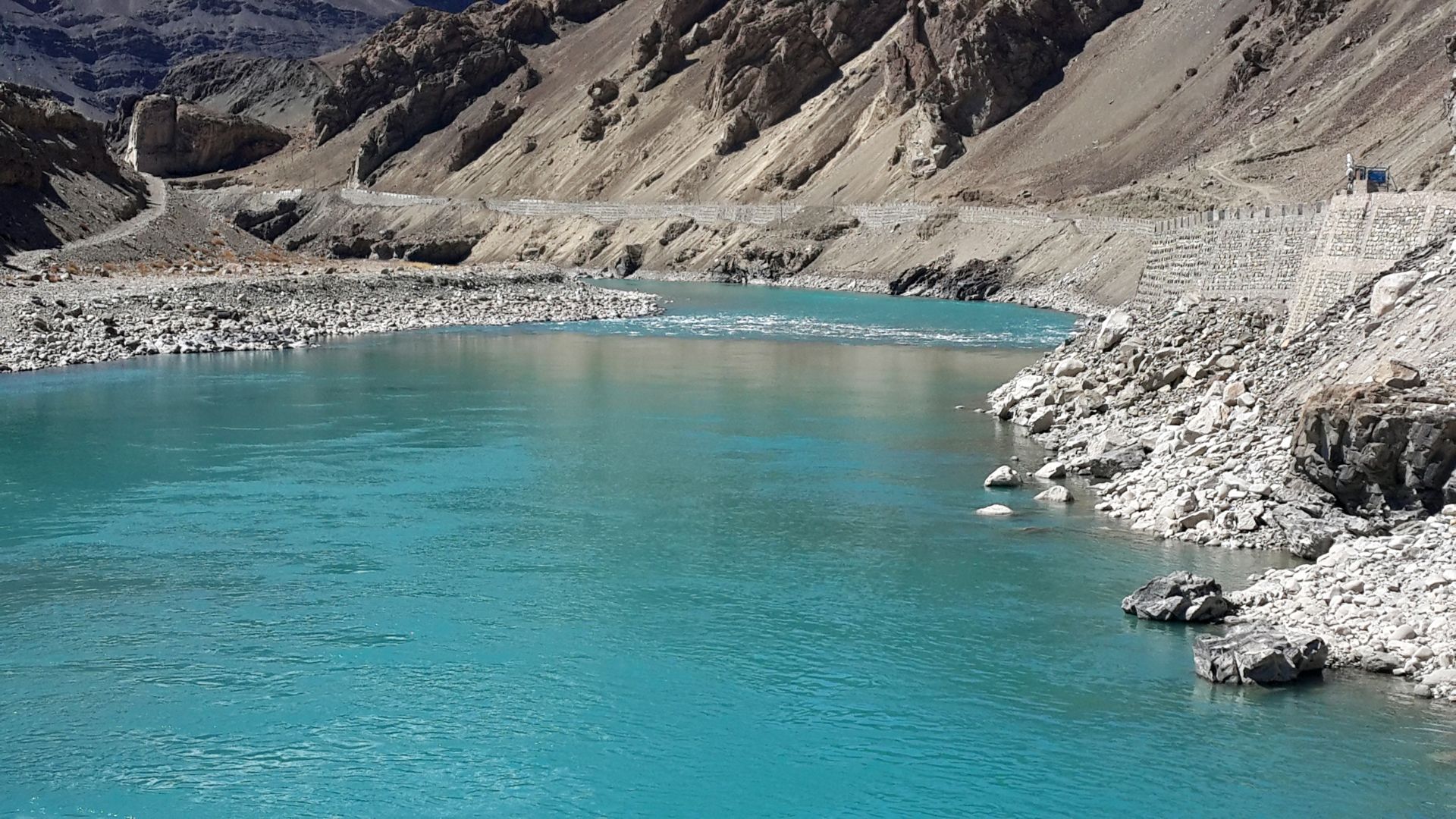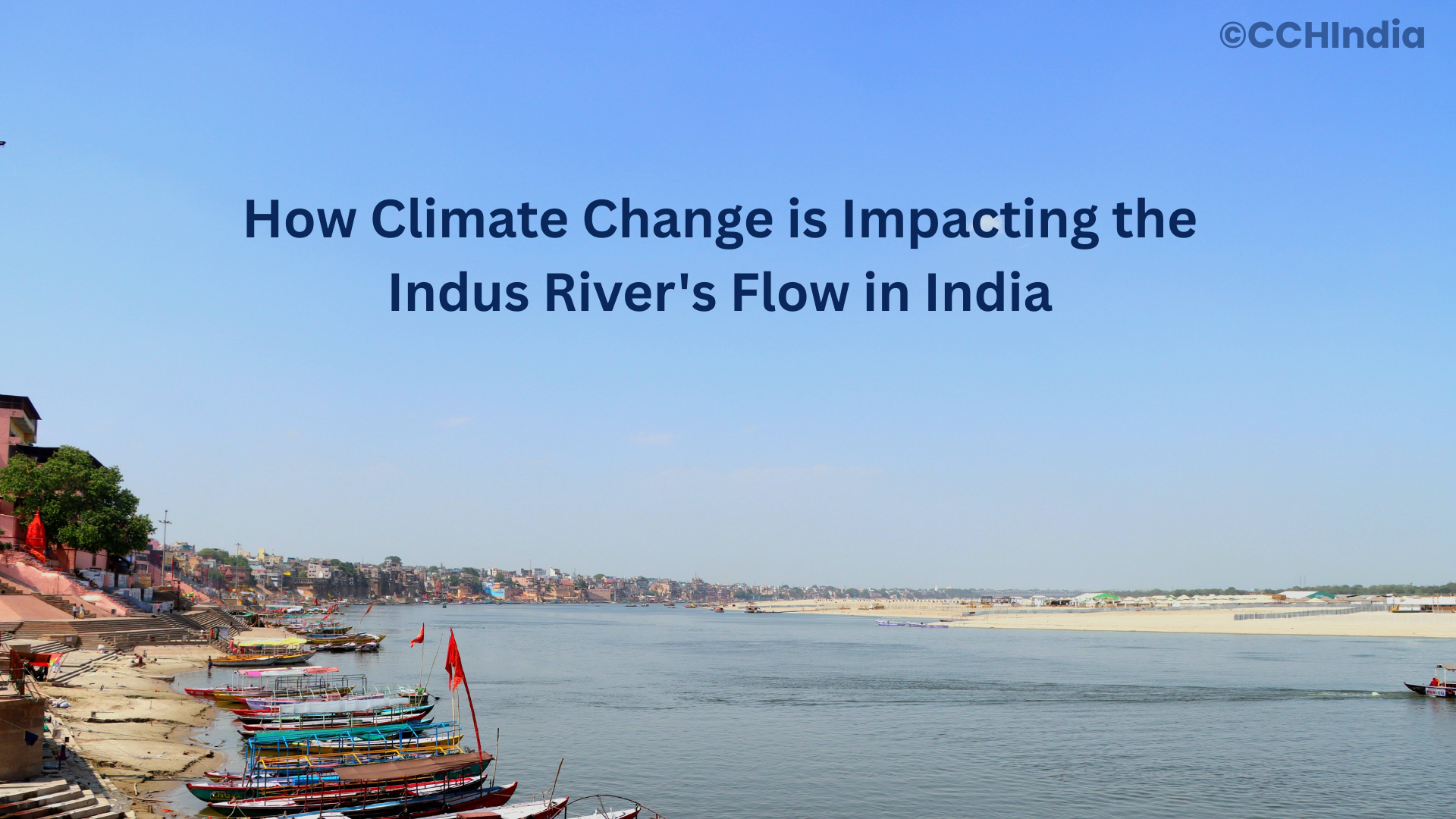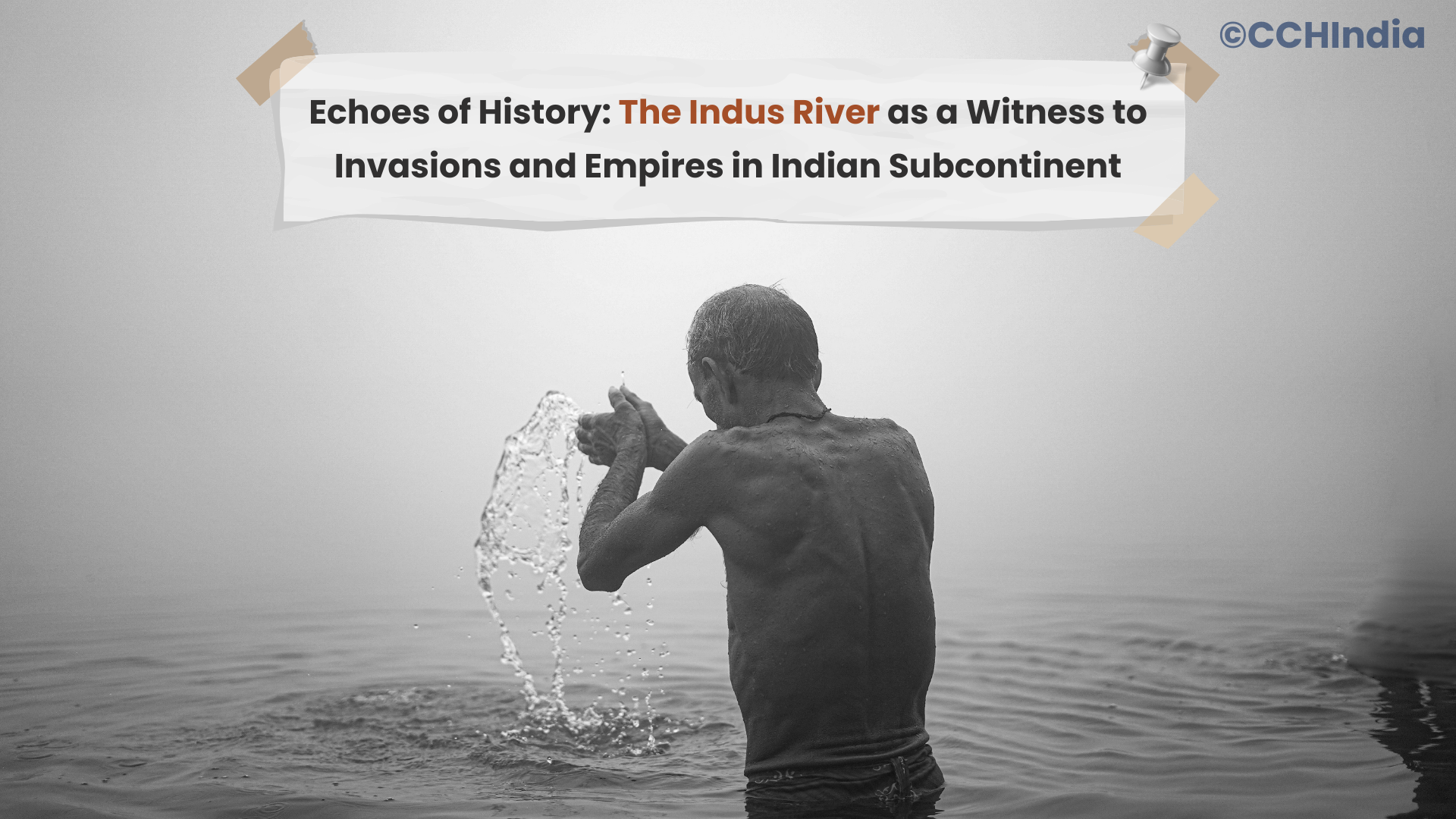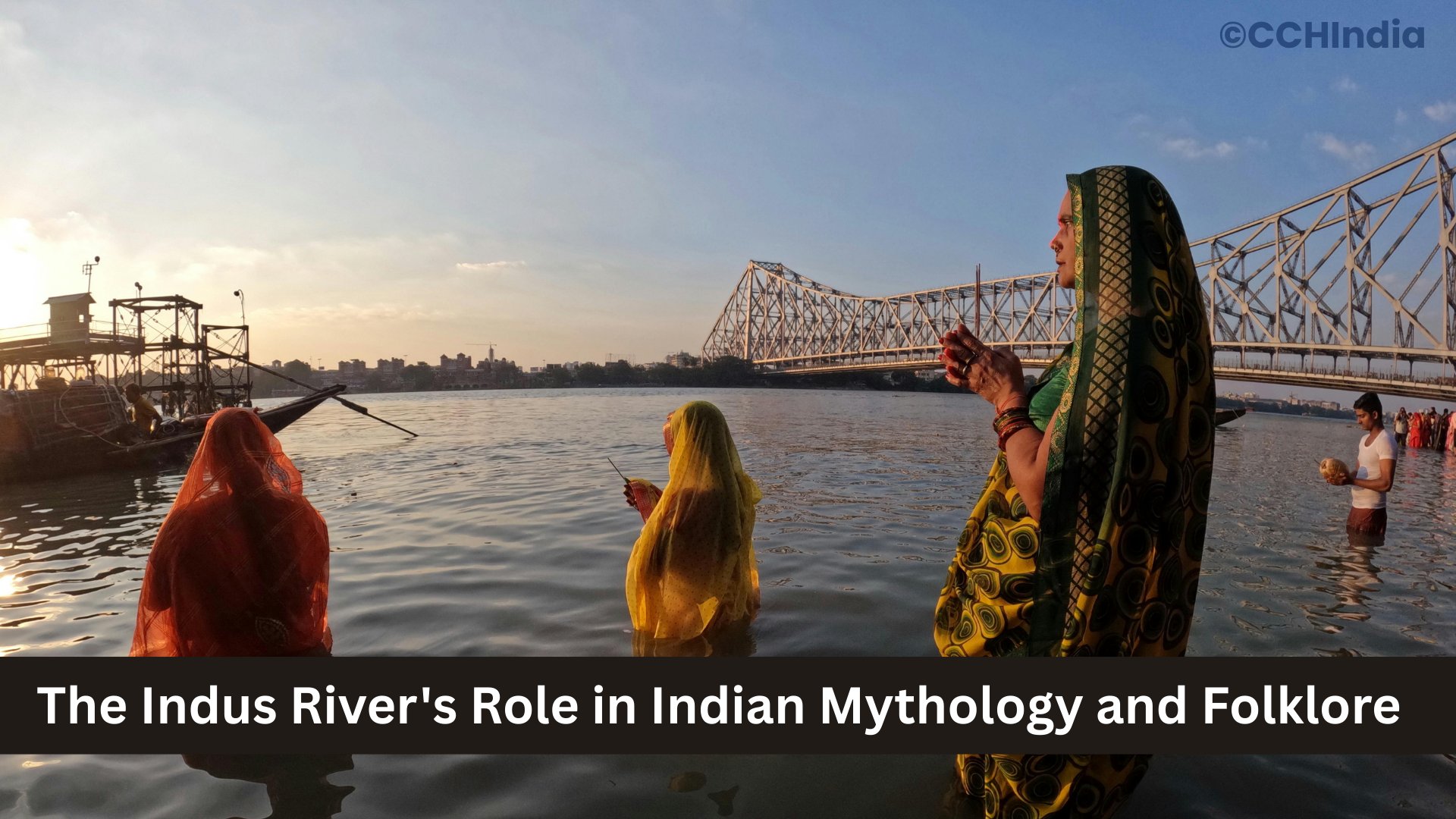Every time there’s a terror attack linked back to Pakistan, this thought sneaks into my head: why are we still being so generous with water?
I mean, let’s be honest — the Indus Waters Treaty is like that old promise you made decades ago and still keep, even though the other side never really held up their end of the bargain. Signed in 1960, when maybe peace felt more important than pride, it gave Pakistan control over the bulk of the Indus river system. India took the smaller share and just… moved on.
But terrorism? That changes things.
Here’s the thing. Water isn’t just water. It’s fields, food, electricity. It’s survival. And every time Pakistan looks the other way when terrorists cross the border, many Indians start asking — why should we keep sending them lifelines when they keep cutting ours?
Sounds harsh, right? But when you’re watching news of another attack, it doesn’t feel harsh. It feels obvious.
I remember a farmer from Punjab once saying on TV, “Hum apna paani roke toh Pakistan do din mein ghut jaayega. ” (If we stop our water, Pakistan won’t last two days.) It sounded extreme, but it also made me think — do we even realize how much power flows under our feet? We act like the weaker side, but we’re not.
And yet… weaponizing water comes with its own nightmares. Imagine millions of ordinary Pakistani farmers losing their crops. Imagine kids with no drinking water. Do we really want hunger across the border on our conscience?
That’s the messy part of this debate.
Some argue: “Be strong. Use water as a pressure point. Terror must have a cost.”
Others say: “Don’t mix humanity with politics. Water is sacred. Messing with it will backfire.”
And both sides make sense. That’s what makes this so frustrating.
Personally? I don’t think the answer is cutting off rivers overnight. That would spiral into chaos — diplomatically, morally, maybe even environmentally. But I also don’t think India should forever play the “bada bhai” role, always giving, always patient, while the other side points guns.
Maybe the middle path is this: stop being afraid to talk about it. Review the treaty openly. Make it clear that water cooperation isn’t unconditional — it’s linked to peace, not terror. No more silent endurance.
Because at the end of the day, water isn’t just about treaties or borders. It’s about life. And if life is threatened by bombs, then why should rivers flow unchanged? 💧


